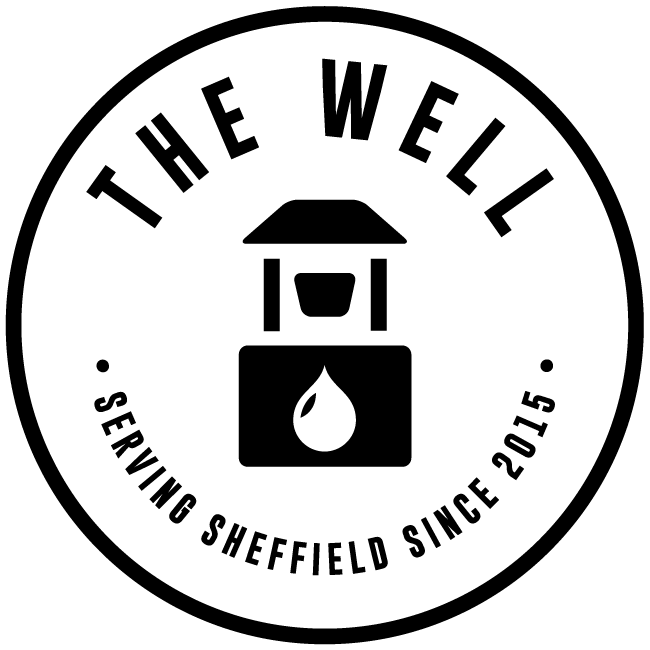Is freedom what we really think?
“Let my people go!” is an iconic statement in the bible. It is Yahweh’s cry of liberation in response to hearing the cries of his people in spiritual and physical slavery.
Perhaps in contemporary culture, it is better known as a song from the west end musical and movie, Prince of Egypt, which documents Moses’ call to lead the children of Israel out of Egypt into the promised land.
In a way, it is arguably the cry of the whole biblical narrative: that since He made humanity and all of creation “good” in Genesis 1, the mission of our God has been to restore right relationship and wholesome living between the creator and His created order.
‘Let my people go!’ is perhaps less usually associated with our present period of Lent, the sober preparation of our hearts and minds in the sight of our holy God and humble saviour. We may set about, with self-control and self-denial, to recognise and try to conquer the all-too obvious reality of our besetting sins. Lent tends to be about stopping, giving up, pairing-back.
Yet, Yahweh’s path to freedom had a higher purpose than simply escaping the domination of sin. To Egypt’s Pharaoh, the controlling superpower of the age, he ordains “Let my people go, so that they may worship me in the wilderness” (Exodus 7:16)
Then, as now, God sets His people free FROM something and FOR something. True freedom is being able to choose who and what we worship.
Contemporary ethics struggles to define freedom. As a society we hold a high value on freedom from enslavement or oppression in their various forms, and rightly so. Yet, St Paul’s definition of the Christian life does not do away with slavery, it simply redirects it. “Now you are free from your slavery to sin, and you have become slaves to righteous living” (Romans 6:18). The modern mantra of “you do you,” by which the route towards ‘living my best life’ comes as a person has the right to freedom of expression, may not actually allow for the freedom of others. It’s outcomes tend to be very self-focussed. This is a kind of false freedom decried by St Peter, "They promise them freedom, but they themselves are slaves of corruption. For whatever overcomes a person, to that he is enslaved." (2 Peter 2:19, ESV)
The bible defines that in our human state we are naturally slaves to selfishness, to sin and to anything and everything we worship – the idols of our lives. As John Calvin observed, “man’s nature, so to speak, is a perpetual factory of idols.” (Institutes 1.11.8). By idols we don’t today mean golden statues, but anything and everything that captures our affection and devotion ahead of God. And whenever we worship an idol, be it money, pleasure, or power, it traps us.
Into that bondage, we may hear again the cry of God’s heart: “Let my people go!” And during this lent period, let us remember that we are called to “go” towards something very positive and purposeful: the worship of God with heart, soul and mind.
True freedom is never about having no boundaries, or just doing what I want – that’s chaos not freedom. True freedom is being able to choose who and what we worship.
As we approach Easter, we reflect that the cross of Jesus Christ; His death and resurrection, offers us true freedom. It is the pathway to restored relationship, the way to know God and to connect with God. Jesus said, “I am the way, the truth and the life” (John 14:6). And it is the pathway to wholesome living. As we know and worship God, He lead us to experience what Jesus calls “fullness of life” (John 10:10).
What a beautiful and expansive perspective by which we may inhabit this season of lent.

